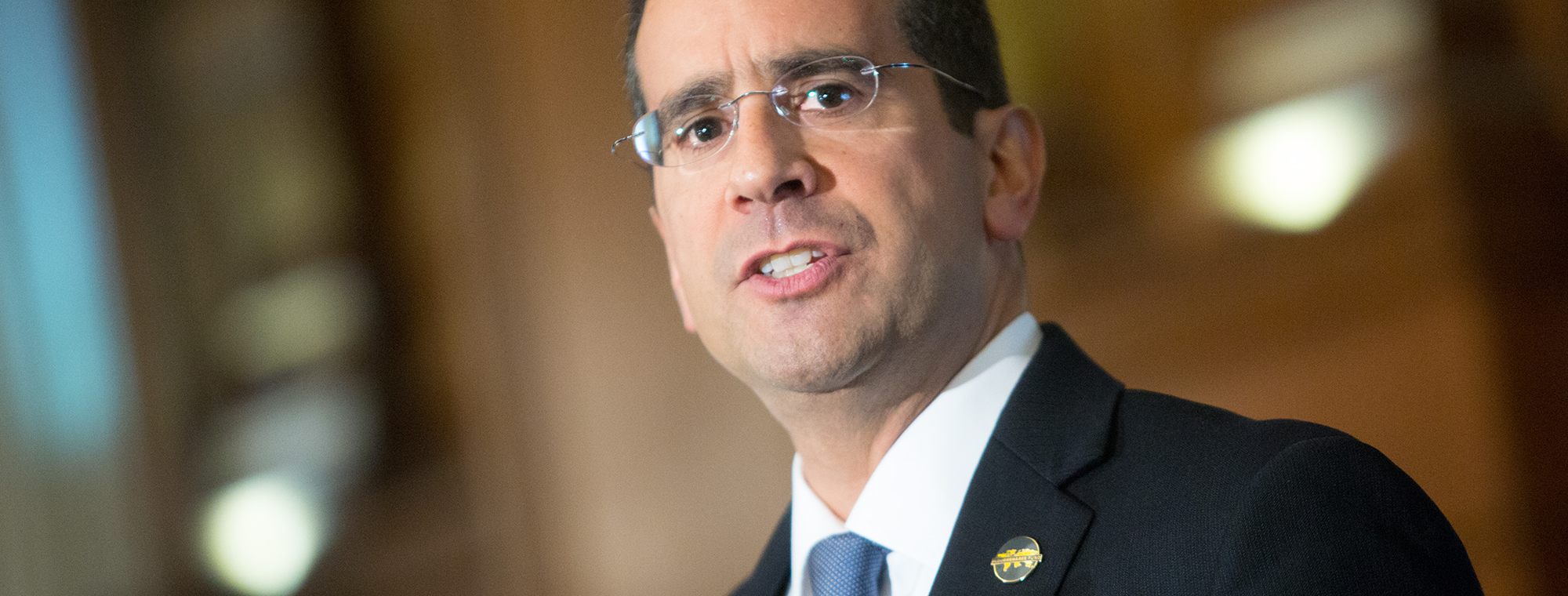Since the election of President Donald Trump two years ago, advocates of sane nuclear policy have been faced with a serious deficit of enlightened political leadership in key positions of power.
President Trump has called for new and more "usable" nuclear weapons, is seeking to abandon key arms control agreements, and Congress has been plowing ahead with a $2 trillion shopping spree to rebuild the Cold War nuclear arsenal. There has been essentially no effective check on this excessive and dangerous spending.
As of Tuesday night, that will change in January when Democrats take over the House.
Without real oversight, pro-nuclear bomb enthusiasts have had a free hand to promote Trump’s new "low-yield" warhead for Trident missiles; to undermine crucial international agreements like the Intermediate-Range Nuclear Forces (INF) Treaty; and to push for high-cost missile, submarine and bomber programs that we do not need.
Once these programs get off the ground, they become too big to stop. If we don’t act soon, we will be locked in to an excessive Cold War-style arsenal for the next 50 years. As new US weapons are built, and Russia responds in kind, we will find ourselves back in an arms race that only defense contractors can win.
But now there is hope on the horizon. The elections have brought new leaders into power who share the widespread conviction that the United States has more nuclear weapons than it needs to be secure and that spending less on nukes can actually make us safer.
Rep. Adam Smith (D-Wash.) is poised to be the next chairman of the House Armed Services Committee. Rep. Smith has been a leading voice calling for saner nuclear policies for years and shows no signs of letting up.
Speaking at a conference in September, Smith said that, if he gets the gavel, nuclear weapons policy would be at the top of his list of things that will change.
"I think the Republican party and the nuclear posture review contemplates a lot more nuclear weapons than I — and I think most Democrats — think we need. We also think the idea of low-yield nuclear weapons are extremely problematic going forward," Smith said. "When we look at the larger budget picture, that’s not the best place to spend the money."
Smith added that the expected price tag for building new nuclear weapons meant the US "certainly can’t afford it."
When Smith becomes the committee’s next chairman in January, proponents of nuclear sanity can once again start to think big. In addition to cancelling the "low-yield" and dangerous Trident warhead, Smith may seek to cancel the destabilizing $30 billion nuclear air-launched cruise missile, which he has said would "siphon limited resources from preserving nuclear deterrence without adding to our national security."
Next, he could take on the wasteful and dangerous $200 billion program to build new ground-based nuclear missiles. Cancelling this weapon would help to reduce the risk of the United States accidentally or mistakenly launching its nuclear missiles in response to a false warning of a nuclear attack.
Finally, there is greater public concern than ever that President Trump cannot be trusted with his absolute and sole authority to launch nuclear weapons.
Most Americans do not realize that the president has unlimited nuclear launch authority with no real checks or balances from anyone. But once informed, they are very concerned. President Trump could order a nuclear war as easily as he could send a tweet.
This situation is both dangerous and unnecessary. The risks of having nuclear weapons ready to launch within minutes outweigh any perceived benefits, especially if the sole decision-maker cannot be trusted.
Rep. Smith has introduced a bill to make it US policy to never launch nuclear weapons first in a conflict. Other bills would prohibit the first use of nuclear weapons without congressional approval.
These fixes would put legal limits on the president’s ability to launch nuclear weapons unilaterally, without provocation, and would provide a tremendous safeguard to our democracy and our national security.
Congress has been a blank check for the forces of nuclear overkill and overspending for far too long. It is time to bring bold, principled leadership back to nuclear policy, before it is too late.
It's time to bring bold, principled leadership back to nuclear policy.
Tom Z. Collina is director of policy for Ploughshares Fund, a public grantmaking foundation that supports initiatives to prevent the spread and use of nuclear weapons, and to prevent conflicts that could lead to their use.
Originally published in The Hill, November 9, 2018
photo by Allison Shelley




